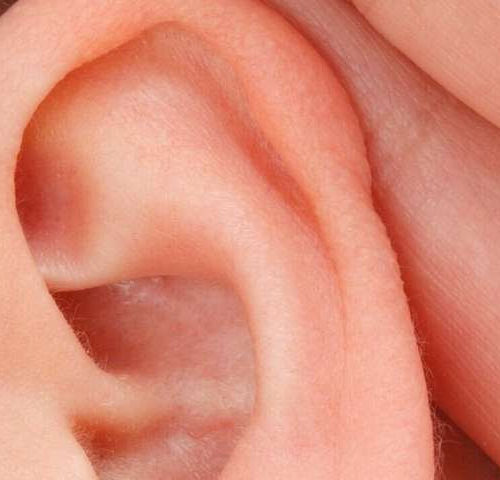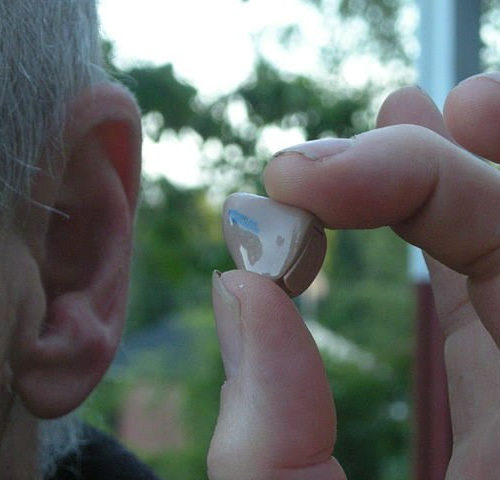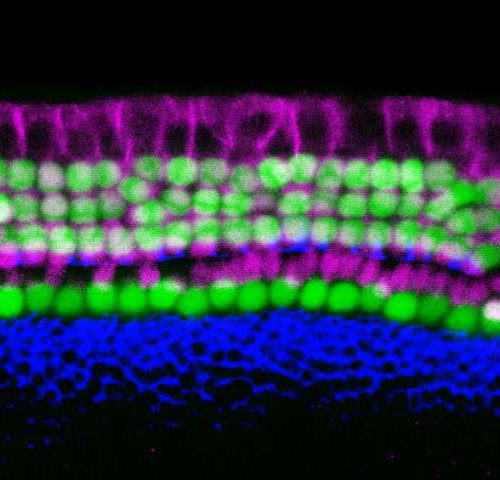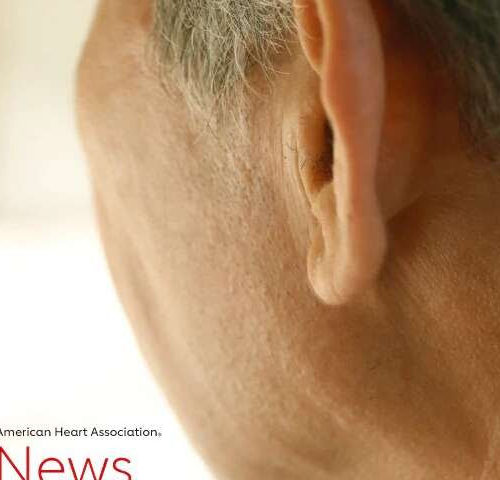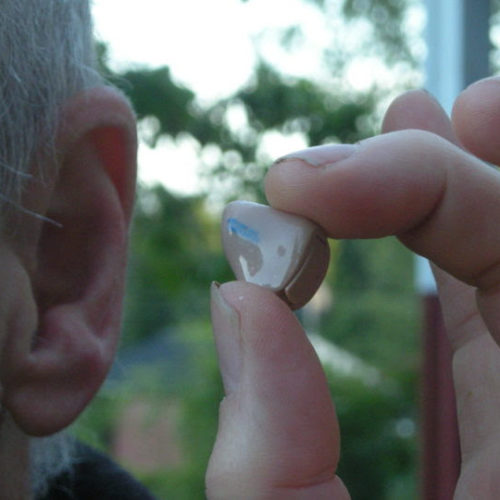Opioid receptors in the inner ear can cause partial or full hearing loss, says Rutgers study Opioid use, particularly in high doses, can cause deafness, according to Rutgers researchers. The study, published in The Journal of Medical Toxicology, reviewed records from the New Jersey Poison Control Center, based at Rutgers New Jersey Medical School, from...
Tag: <span>Hearing loss</span>
Study uncovers hair cell loss as underlying cause of age-related hearing loss
by Massachusetts Eye and Ear Infirmary In a new study of human ear tissues, hearing scientists have demonstrated that age-related hearing loss, also called presbycusis, is mainly caused by damage to hair cells, the sensory cells in the inner ear that transform sound-induced vibrations into the electrical signals that are relayed to the brain by...
Bone disease medications may reverse hearing loss
by Ryan Jaslow, Harvard Medical School Preliminary findings from Harvard Medical School researchers at Massachusetts Eye and Ear may pave the way for trials to test bone density medications for hearing loss. Hearing loss caused by damaged nerves, whether from sound exposure or aging, is irreversible. There are currently no medications approved by the Food...
Hearing loss: early signs of damage in young adults who regularly attend loud clubs and concerts
Going to concerts or clubs is a popular pastime for many young people, but they’re also potential causes of noise-induced hearing loss. In fact, more than a billion young people worldwide are at risk of noise-induced hearing loss – though it can be prevented. While the link between noise exposure and hearing loss is well...
Scientists find a simpler way to make sensory hearing cells
by Cristy Lytal, University of Southern California Scientists from the USC Stem Cell laboratories of Neil Segil and Justin Ichida are whispering the secrets of a simpler way to generate the sensory cells of the inner ear. Their approach uses direct reprogramming to produce sensory cells known as “hair cells,” due to their hair-like protrusions...
Hearing loss and the connection to Alzheimer’s disease, dementia
Sound has the power to stimulate the brain, which is why hearing loss has the potential to have a profound effect on health—especially among older adults. About 1 in 3 people in the United States between the ages of 65 and 74 has hearing loss, according to the National Institutes of Health. A 2016 study...
Mitochondria in Age-Related Hearing Loss
In this open access paper, researchers present evidence to suggest that the mitochondrial dysfunction that accompanies aging may be a meaningful cause of the loss of neurons that contributes age-related hearing loss, in the sense that it increases the incidence of necroptosis, a form of programmed cell death. Present thinking on the progressive deafness of...
Examining associations between hearing loss, balance
What The Study Did: About 3,800 adults 40 and older in South Korea participating in a national health survey were included in this analysis that examined associations between hearing loss and a test of their ability to retain balance. Age-related hearing loss affects the inner ear, which may increase the risk of dizziness. Authors: Sung-Won...
Reversing Hearing Loss
Reprogramming enables regeneration of inner-ear cells A team led by Harvard Medical School and Massachusetts Eye and Ear researchers may bring scientists a step closer to developing treatments that regrow the missing cells that cause hearing loss. “This paper is the first to show that, by reprogramming, mature mammalian inner-ear cells can be induced to...
New genes identified in hearing loss, providing treatment hope
KING’S COLLEGE LONDON A new study published today in The American Journal of Human Genetics has identified 44 genes linked to age-related hearing loss giving a much clearer understanding of how the condition develops and potential treatments. In the study, researchers from King’s College London and UCL analysed the genetic data from over 250,000 participants...

